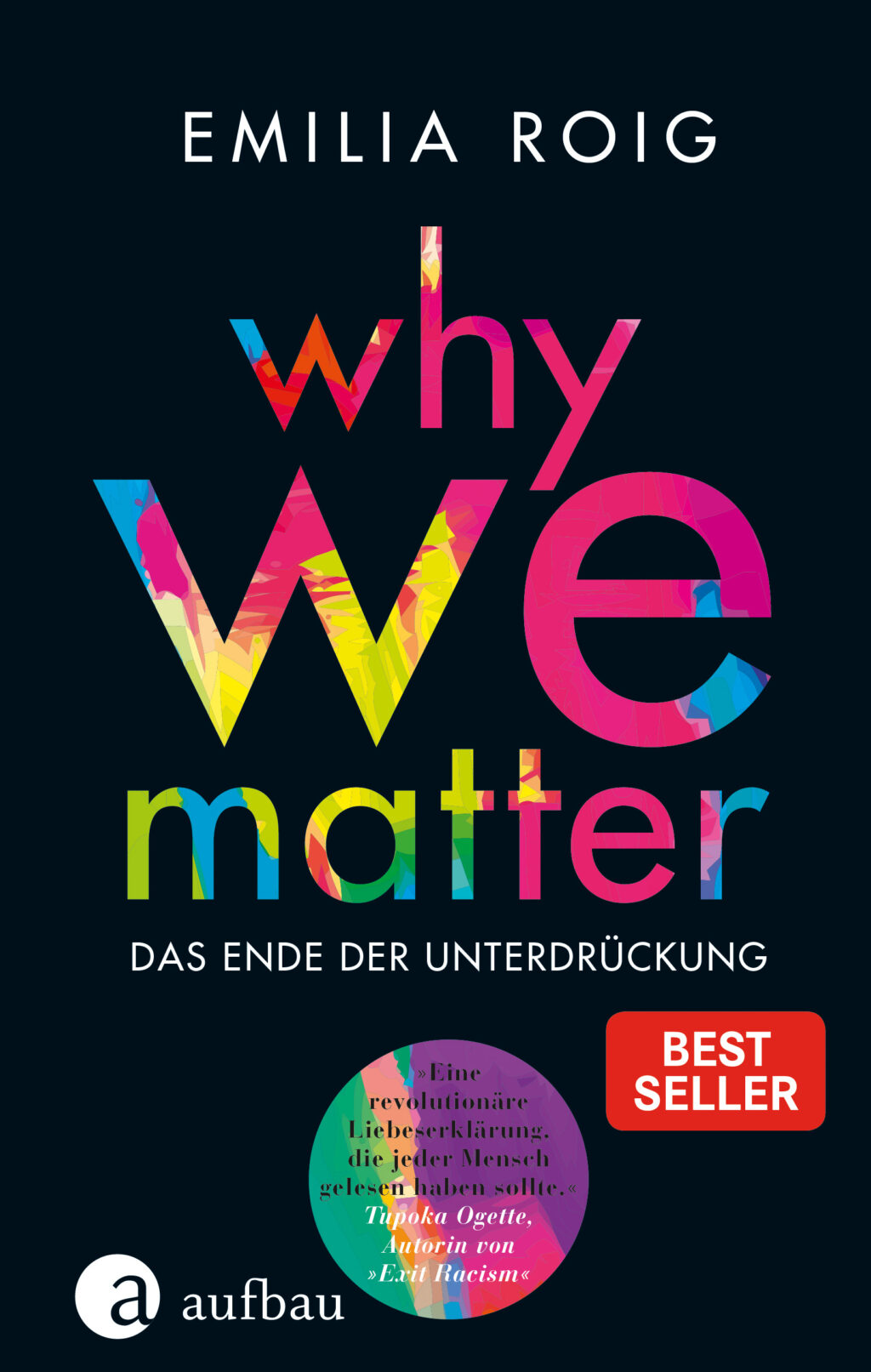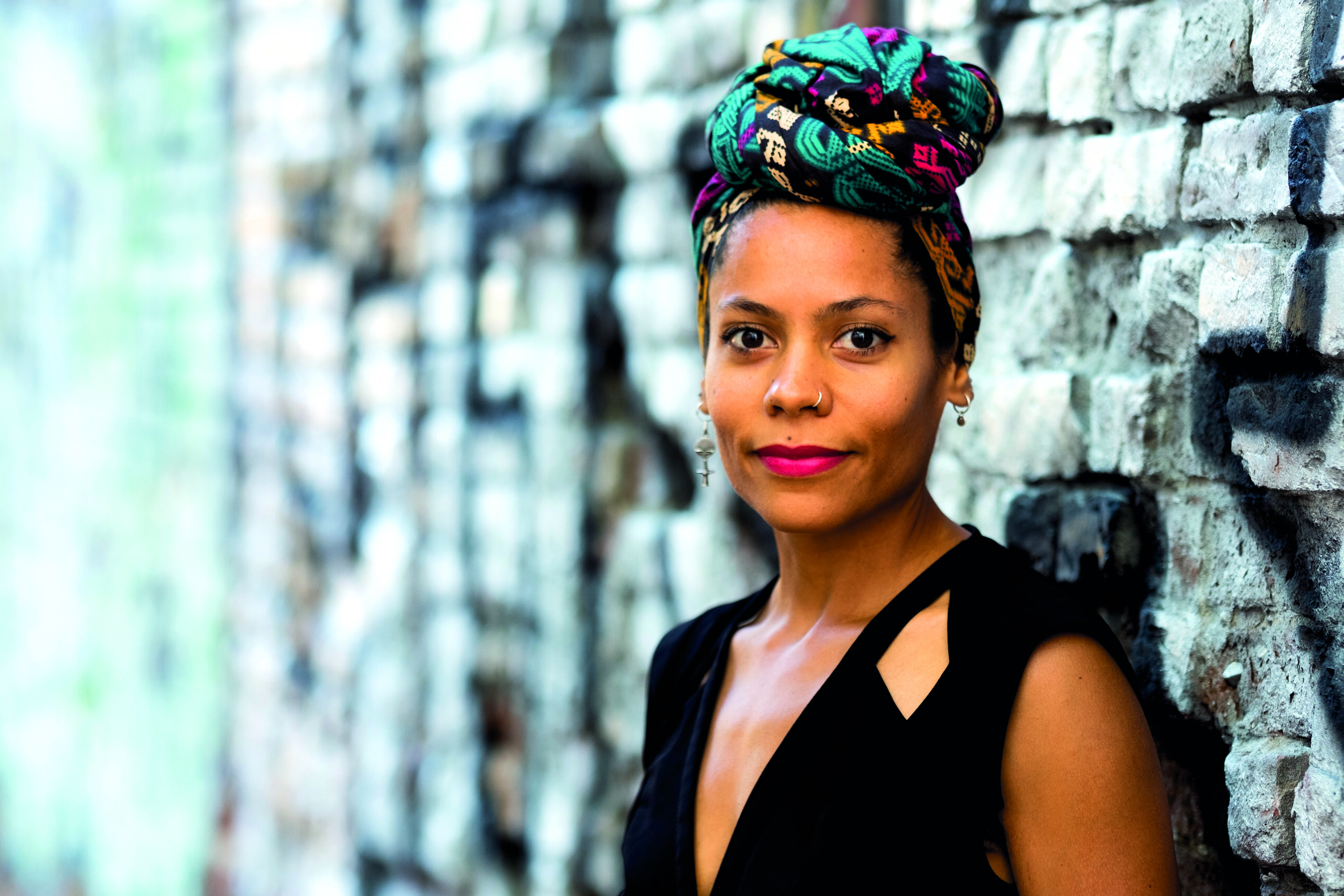review
Why We Matter, a ground-breaking debut exposing the patterns of systematic oppression through author and activist Emilia Roig’s own experiences and family history landed her on the German bestseller lists. Accessible and engaging yet thoroughly researched, Why We Matter is a necessary addition to the discussions of feminism, racism and intersectionality in recent titles such as adrienne maree brown’s Emergent Strategy and Mariame Kaba’s We Do This ‘Til We Free Us.
Radically honest and vulnerable, Why We Matter elegantly weaves together strands from a breath-taking range of thought and debate, addressing the intersections of racism and trauma, homophobia and patriarchy. A timely and relevant read, it covers the murder of George Floyd and the Black Lives Matter movement, as well as the impact of the Covid-19 pandemic on marginalised communities and what action or inaction says about our relationship with care and empathy.
The book’s eleven chapters move from ‘Making Oppression Visible’ via ‘At Home’, ‘In the Courts’ and ‘On the Street’ to ‘The End of Oppression’. Each arena is explored through astute summaries of the work of radical black, feminist and queer thinkers such as Angela Davis, Audre Lorde and James Baldwin.
This is interwoven with Roig’s own experiences of intersections. She unpicks her family’s internalised racism and its struggles in the face of genocide during the Nazi period; her own queer awakening; and the impact of gender presentation and race on the possibilities open to her at school, work and university. She also discusses her NGO work, where she witnesses more experienced yet marginalised voices routinely being ignored, and the experiences of both herself and her friends in a healthcare system which denies their knowledge of their own bodies.
The book ends not by offering “one” solution to oppression, but by stressing the pivotal role of transformation and the radical acceptance of fear and shame; it is only by rejecting ego and fragility that we can stop repeating the patterns of the past. The problem is not the individual but the system, Roig stresses. A return to the book’s opening themes emphasises how much is possible once the cycle of oppression has been broken and another based on empathy and equality has been begun.
One of the first books to offer an exploration of intersectionality for a non-academic readership, Why We Matter knows its audience, putting theory into clearly comprehensible terms and applying it to the everyday. With a style reminiscent of bell hooks, Roig has achieved both critical and popular success on the German market.
Rights sold to: China, Horizon




All recommendations from Autumn 2021